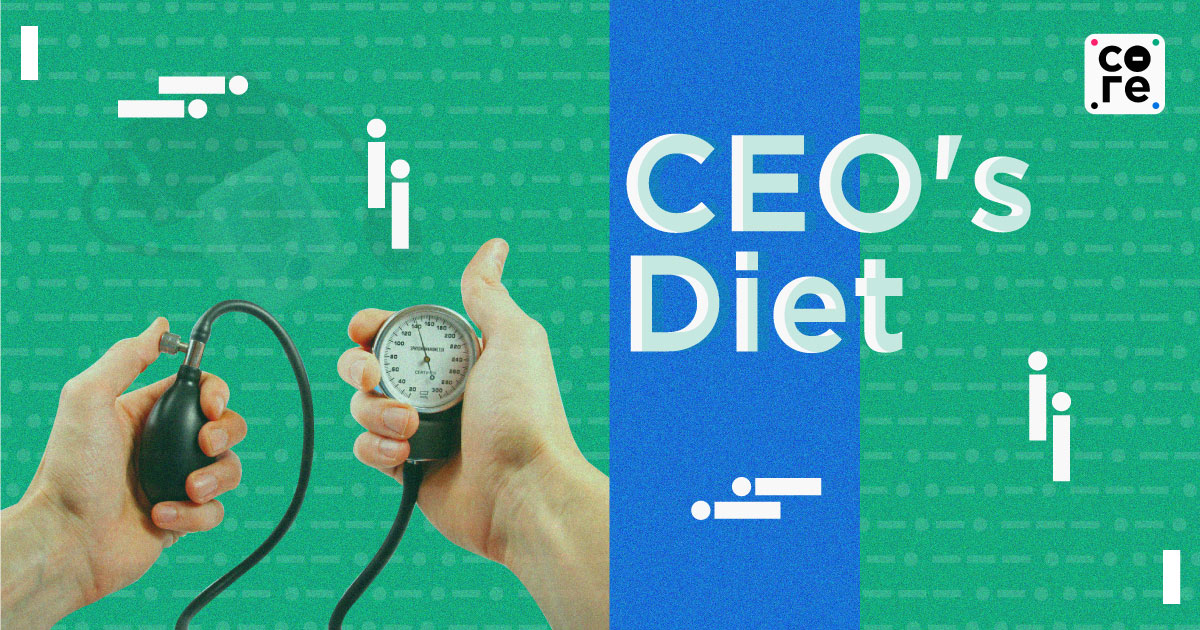
How To Manage Hypertension: Lifestyle Tips And Workplace Measures
High blood pressure or hypertension typically manifests without warning signs or symptoms and half of the global hypertension cases go undiagnosed.

A recent report by the World Health Organization (WHO) titled 'Global Report on Hypertension: The Race Against a Silent Killer' released earlier this week revealed a grim picture of the global impact of blood pressure. The comprehensive study found that approximately four out of five individuals with hypertension are not receiving adequate treatment.
Several other previous studies have highlighted the health risks of hypertension, or high blood pressure. A study published in The Lancet in 2020 underscored high blood pressure as the "single most important risk factor for early death." Astonishingly, this critical risk factor remains one of the most overlooked. The WHO report puts a much-needed spotlight on hypertension and its worldwide impact.
The report states that 188.3 million adults in India aged 30-79 years grapple with hypertension, with only 37% diagnosed, 30% undergoing treatment, and a mere 15% achieving control.
Worldwide, only one in five cases gets adequate treatment. By scaling up the number of people offered treatment 76 million deaths could be averted between 2023 and 2050. It would also prevent a significant number of strokes, heart attacks and heart failure cases, for which hypertension is a leading risk. Persistent hypertension damages not just the cardiovascular system but also the brain, kidneys, and eyes.
The Silent Killer
There is a reason why hypertension is called a silent killer. Nearly half of global hypertension cases remain undiagnosed. High blood pressure typically manifests without warning signs or symptoms. The sole means to ascertain whether one is hypertensive is through blood pressure measurement.
In simple terms, hypertension causes the pressure in blood vessels to be higher than normal and the heart has to pump harder to push blood through the body. Blood pressure is measured with two numbers — systolic BP/diastolic BP i.e. the pressure in the vessels when the heart beats/pumps and the pressure when the heart is at rest between beats for example 120/80 mm Hg where 120 is the pressure when the heart beats and 80 is the pressure when the heart is at rest.
Much like type 2 diabetes, hypertension operates undercover. However, diabetes has gained significantly more attention and public health awareness over the years. Both chronic conditions necessitate regular monitoring and primary health care for their effective management. A lot of electronic models for self-BP monitoring at home are available online and it is a good thing to invest in if anyone in the household has high blood pressure. It can also be made available in the clubhouse of apartment complexes so it can be a shared resource that members of the complex can use.
How To Manage Hypertension
There are a few proven lifestyle measures that you can incorporate to manage hypertension:
- Minimise sedentary behaviour. Sitting is the new smoking. Keep moving around through the day. Having a step count for the day helps you stay accountable to the movement goal.
- Maintain a healthy weight with a waist-to-height ratio of less than 0.5.
- Engage in regular aerobic exercise (like walking) and weight training.
- Cutting out processed food from the diet helps reduce sodium intake automatically.
- Restrict table salt intake to less than 1 teaspoon per day.
- Aim for at least 5 servings of vegetables and fruits (apart from high-carb veggies like potatoes and sweet potatoes).
- Ensure adequate protein and fibre in the diet.
- Limit consumption of added sugar and alcohol (no alcohol is best).
- Adequate quality sleep is crucial. Research provides conclusive evidence linking commonly overlooked sleep disturbances such as poor sleep and insomnia to elevated blood pressure and vascular inflammation.
- Implement stress-reducing techniques such as mindfulness, meditation, and yoga.
Stop smoking. - Utilise wearable devices for tracking fitness and sleep.
These lifestyle changes and more have been recommended by a recent position paper in the Journal of Hypertension for the management of hypertension.
As a corporate or a manager, some heart-healthy measures can be rolled out at the workplace to prevent high blood pressure. Some of these are providing walkways around the office building, a culture of walking and no-snacking meetings, providing healthy whole foods in meal options served at work and regular blood pressure screenings and awareness programs to prevent and manage hypertension.
An emphasis on proper work-life balance that ensures adequate rest and not scheduling meetings outside of work hours also contributes towards an overall healthier workforce.
To summarise, you could be unknowingly suffering from hypertension. Regular blood pressure checks, especially for those over 30, are crucial. Consider investing in a home BP monitor to keep track of blood pressure for all adults in your household.
Adhering to lifestyle recommendations regarding movement, diet, stress management, and sleep is paramount in maintaining blood pressure management.
If on medication, ensure diligent adherence and schedule regular follow-ups with your doctor or physician.
High blood pressure or hypertension typically manifests without warning signs or symptoms and half of the global hypertension cases go undiagnosed.
Doctor, nutritionist, wellbeing advocate and columnist, Dr Nandita Iyer is the author of three bestselling books. She has been writing on nutrition, health and food for over 17 years. Since 2006, her popular blog Saffron Trail has been a major resource for healthy food and vegetarian recipes. You can follow her @saffrontrail on Twitter and Instagram.

